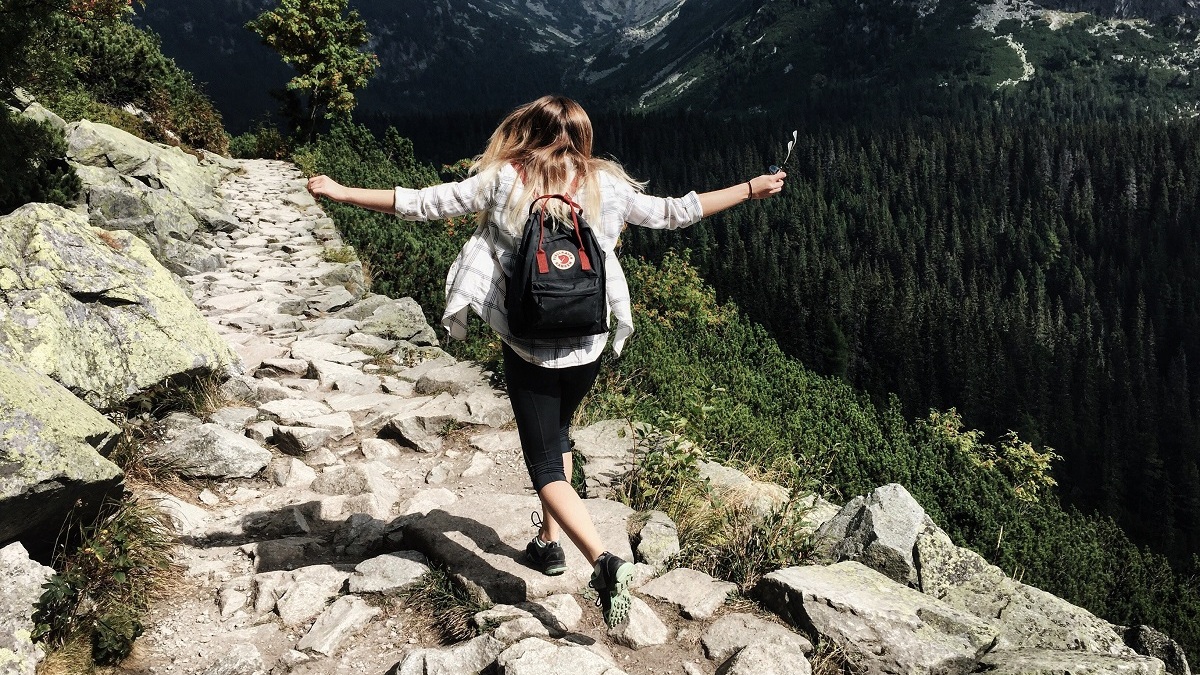Planning a hiking or camping trip? Ten essentials for outdoor enthusiasts
Hiking and backpacking are wonderful ways to enjoy the outdoors, explore nature, and get away from the work-a-day world. Whether you are a day hiker interested in local hikes or an intrepid adventurer exploring the backcountry and uncharted territories, there are ten basic hiking essentials that no hiker should ever be without.
1. Sensible Hiking Shoes
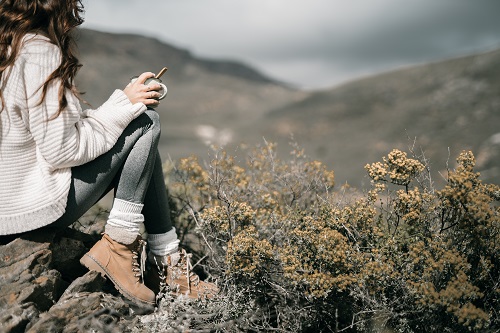
Hiking boots are one of the most vital hiking essentials for serious hikers. The best hiking shoes and boots feature solid arch and ankle support, rubber soles with good traction, and are made from rugged and sturdy waterproof, breathable, and/or ventilated materials, such as leather or Gore-Tex. Although a high-quality set of hiking boots may be expensive, it is one of the very best investments you can make to ensure comfort and safety on your hiking expeditions.
2. High-Quality Hiking Socks
If your feet are wet, sweaty, or itchy, your hiking expedition certainly won’t be much fun. Avoid socks made from synthetic fabrics if you are planning prolonged outdoor adventures. Instead, opt for quality socks with extra cushioning made from natural, breathable materials, such as wool or 100% cotton. Specifically, Merino wool socks have been hailed as some of the very best breathable, comfortable, itch-free, odor-free, and moisture-wicking socks.
3. A Sturdy Back Pack
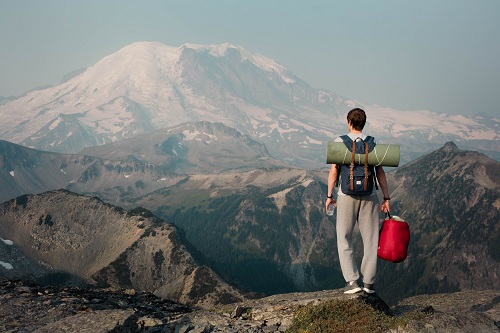
If you are merely planning a short jaunt or a day hike, you may not require a backpack. Serious hikers planning to camp out will certainly benefit from investing in a sturdy, waterproof backpack. If you plan to carry a tent or other athletic equipment, you may need to invest in a backpack featuring either an internal or external frame. For your own comfort and health, make a point of selecting a backpack with padded straps and a hip or chest belt.
4. A Map and Compass
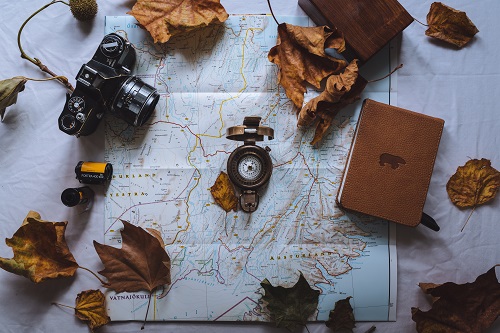
Don’t leave home without it! Before you set out for your journey, take the time to peruse your map and plan your trek. Don’t forget to pack that map in your backpack! Packing the map inside a plastic zip-lock bag will prevent it from getting ruined by rain or other elements should the weather turn bad. Whether you are planning a short day hike or an extended camping trip, avoid hiking alone. Choose a hiking companion. The buddy system can save lives. If circumstances require you to hike alone, be sure to inform someone of your whereabouts and expected return date.
5. Extra Water
Pack some extra water bottles or canteens into your backpack. If you plan to be hiking or camping for an extended period of time, make certain that you know where to locate streams, rivers, lakes, or springs along your route. Bring along iodine or water purification tablets to prevent giardia or contamination from bacteria.
6. Extra Food
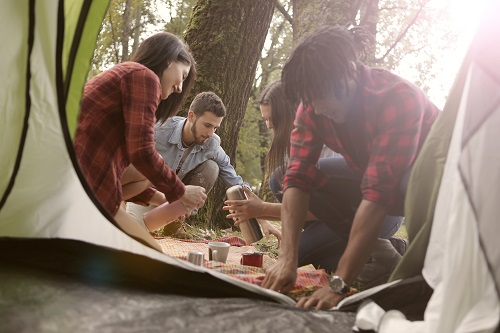
Packing an extra granola bar, some beef jerky, or a bag of dried fruit is easy enough to do, even if you are just planning a day hike. In the event that you should become lost or disoriented, at least you will have something to sustain you until help arrives. Make a point of packing foods that are lightweight, high protein, and will not spoil.
7. A Flashlight
Even a small LED flashlight will prove helpful if you become lost or disoriented during a short day hike. A flashlight will help you to find the way after nightfall or if the weather turns dark and stormy. If you plan to camp overnight, a high-quality, durable flashlight is one of the most important hiking essentials.
8. A Lighter or Waterproof Matches

In addition to the right outdoor clothing and gear, you certainly can’t start a campfire without a lighter or matches. Opt for waterproof matches, which will work even if they are made damp or wet by rain or other elements. Granted, you may not need to send smoke signals from your campfire, but at least you can make s’mores if you pack your marshmallows, gram crackers, and chocolate!
9. A Pocket Knife
In an emergency, a pocket knife can be a vital tool.
10. Sunscreen
Regardless of the season, the sun’s UV rays can be harmful to the skin. If you are planning an outdoor adventure, be sure to protect the exposed areas of your skin with sunscreen.

